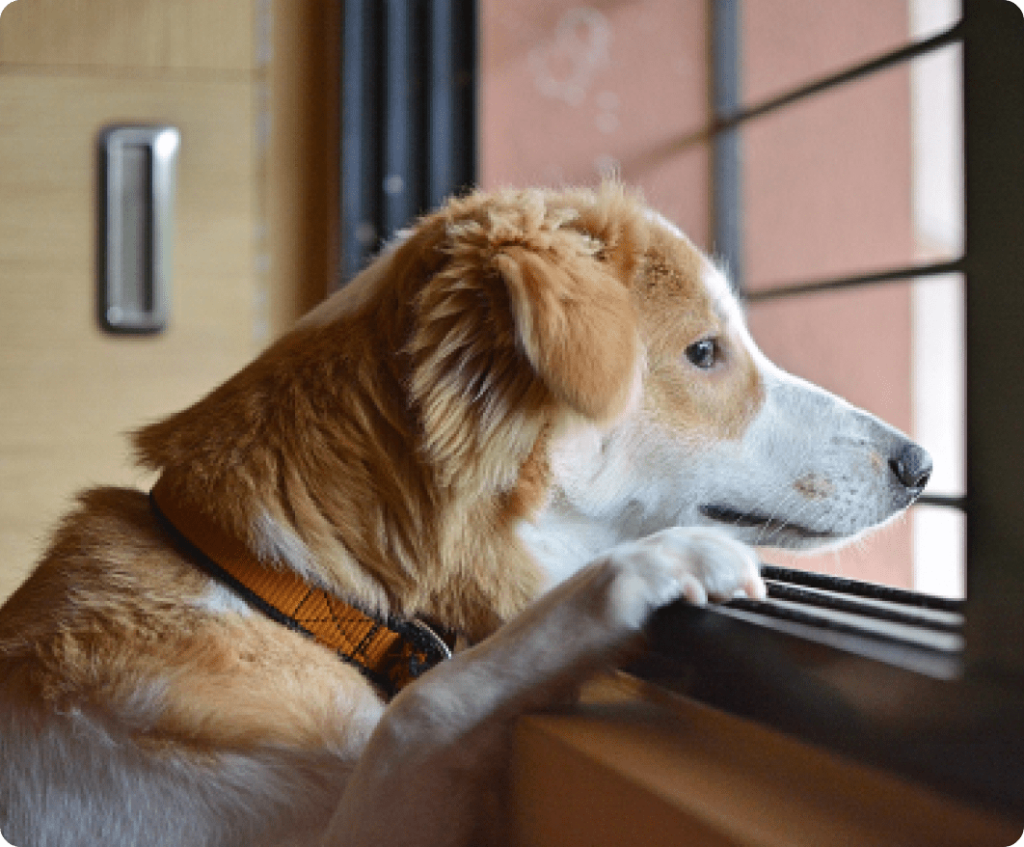Why Do You Require Professionals For Treating Your Dog’s Separation Anxiety?
If you're like many dog owners, you've probably heard of separation anxiety in at least one of your furry friends. Separation anxiety is a really common condition in dogs and can manifest in a wide range of ways: some dogs might pant or whine incessantly when left alone, and others may become destructive or aggressive when their owners leave them alone.
Treatment Options for Dog Separation Anxiety
There are a number of ways to treating dog separation anxiety and it really depends on the severity of the problem. If your dog shows some mild signs of separation anxiety, you may just need some behavioral modification techniques, such as constant positive reinforcement or confinement training. However, if your dog is severely anxious about being separated from you, you'll need to seek professional help.

There are a number of different types of professional treatments available for dogs with separation anxiety. Some examples include:
Behavioral Modification Therapy: This type of therapy focuses on modifying your dog's behavior so that he becomes less anxious about being away from you. This can involve techniques such as crate training, obedience training, and providing your dog with plenty of stimulation (such as playing games or taking him for walks).
Medications: Some medications (such as lorazepam or clonazepam) can help reduce symptoms of separation anxiety in dogs. However, these drugs should only be used under the guidance of a veterinarian. Also, be sure to monitor your dog's dosage carefully – too much medication can have dangerous side effects.
In order to help your pet overcome separation anxiety, you will need the help of a professional therapist who specializes in treating animals with anxiety disorders.
